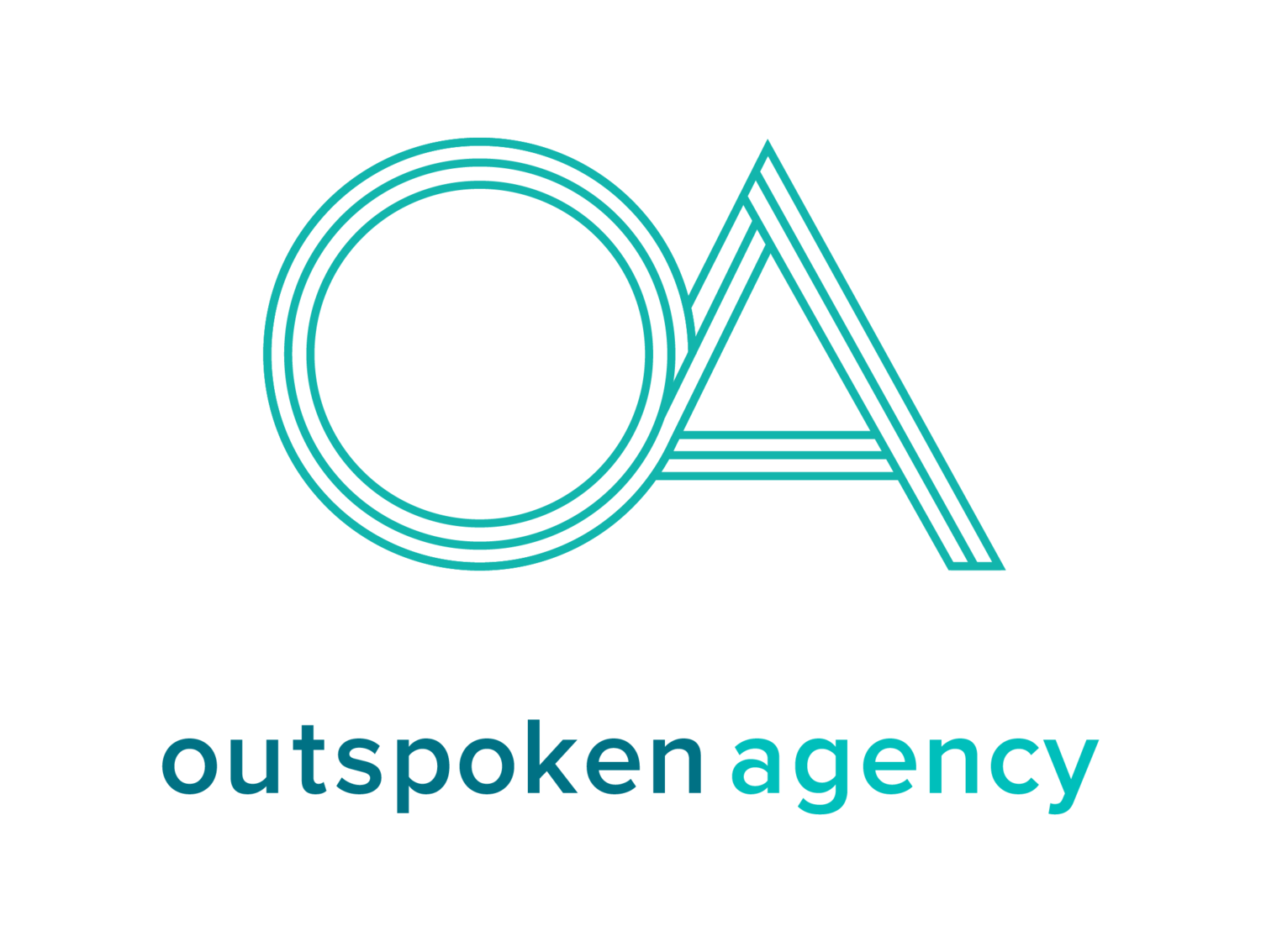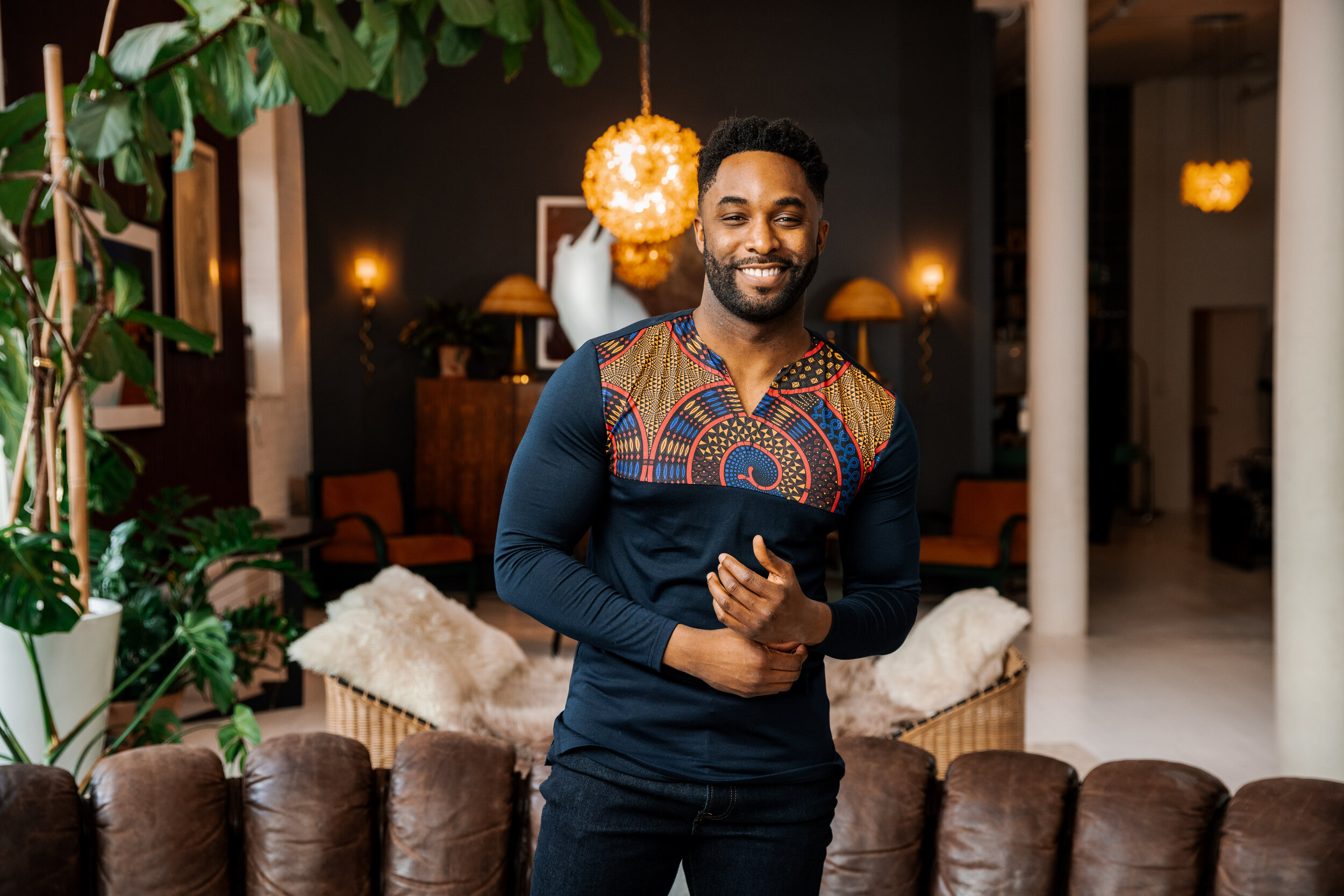Four key steps to expanding your worldview with Tayo Rockson
/Many of us already have an idea of our own set of values, but what can we do when we want to seek growth? How can we be better, challenge our pre-existing social constructs, and create a culture of accountability for ourselves and those around us? In a recent article published in Newsweek, corporate diversity and inclusion trainer Tayo Rockson outlines four key steps to this process using the VIEW framework—"V" is for vigilance. "I" is for intention. "E" is for expanding environments. "W" is for warrior mindset.
Below we’ll walk you through the VIEW framework, highlighting the power of a growth mindset that drives Tayo’s consulting he shares with organizational leaders everywhere.
Vigilance: Be vigilant of social constructs and power dynamics.
“A social construct is simply an idea that has been created and accepted by people in a society,” Tayo explains. “Masculinity, femineity, race, money, school, government and countries are all examples of social constructs. We created them to make sense of our world. We have behaviors attached to these social constructs but we are not always aware of them until confronted with others.”
To work through our own social constructs, Tayo suggests sitting down with a piece of paper and creating two columns, one for lived experience and one for exposure. For lived experience, ask yourself, “What current social constructs do you subscribe to and why?” and for exposure, “Who or what exposed you to these social constructs?”
In addition to examining social constructs, Tayo shares that we should also investigate power dynamics. “To understand power dynamics is to understand how influence and control are distributed,” he says. “Observe all your interpersonal and professional relationships. Are you comfortable with what you see? Are there moments of imbalance, oppression and suppression?”
Revisiting your lived experience column from above, ask yourself the following questions:
Who are the authority figures in your life?
When have you been an authority figure in life?
Who do you create social distance from today?
Who have you created social distance from in the past?
Next, revisiting the exposure column from above, ask yourself these additional questions:
What are moments you have refused to act when you knew deep down that you should have? Why?
What are moments you've seen institutions refuse to act when you expected them to act? Why do you think they didn't?
Actively observing the social constructs and power dynamics at work in our lives is essential to understanding what’s at play in our interactions with others.
Intention: Creating a culture of accountability
“Now that you have a sense of how you see the world, you need to intentionally create a culture of accountability in the environments created by your social constructs and influenced by the power dynamics around you,” Tayo explains. “We need to do this because we have a habit of rewarding bad behavior over and over as a culture. Look at some of the codes we have today. Guy code. Girl code. Blue wall of silence.”
These societal codes exist to protect members of social groups, often creating harm to those outside them. “Your responsibility here is to understand the emotions that are preventing you from being accountable,” Tayo says. This directly connects back to our lived experience examination, breaking down the defenses we may create to avoid holding ourselves accountable.
Expanding Environments:
Invite more stories of belonging, support and success
“As we become more vigilant and intentional, we become more aware of our privileges,” Tayo explains. “Our privileges can then be used to create access in environments that prevent multiple stories from being told.” When we encounter new environments and new people within those environments, it’s essential to ask ourselves these questions:
What does support mean to you?
What does belonging mean to you?
What does success mean to you?
New environments are opportunities for growth, education, and listening.
Warrior mindset: Critical thinking in combat
“The secret to critical thinking is knowing how to express yourself and why you express yourself the way you do,” Tayo says. “As you become more reflective, you're less reactive. Critical thinking is your tool for war because it allows you to challenge effectively.”
“We have created the world around us based on what we think is possible and what we fear. When we allow for different perspectives to exist, there's a possibility-based culture. When we limit different perspectives, there's a fear-based culture.”
And in order to work against a fear-based culture, we must expand our worldview and be open to new ways of thinking, new possibilities, and a new way of living. Working through the VIEW framework can open up the process of self-examination, a process that’s ongoing if we hope to create a better world around us.
Tayo Rockson is a writer, speaker, consultant, podcaster, poet, professor, co-founder and brand strategist at UYD Management, a strategic consulting firm that empowers organizations to incorporate sustainable diversity and inclusion practices. He consults top leaders everywhere about anti-racist practices and thinking, sustainable diversity and inclusion, and effective communication across cultures.
———
Outspoken Agency is a women-owned speaking agency representing leaders, founders, public intellectuals, authors and entertainers for paid keynotes, workshops and panels at in-person and virtual events. Learn more about our female founders here.


